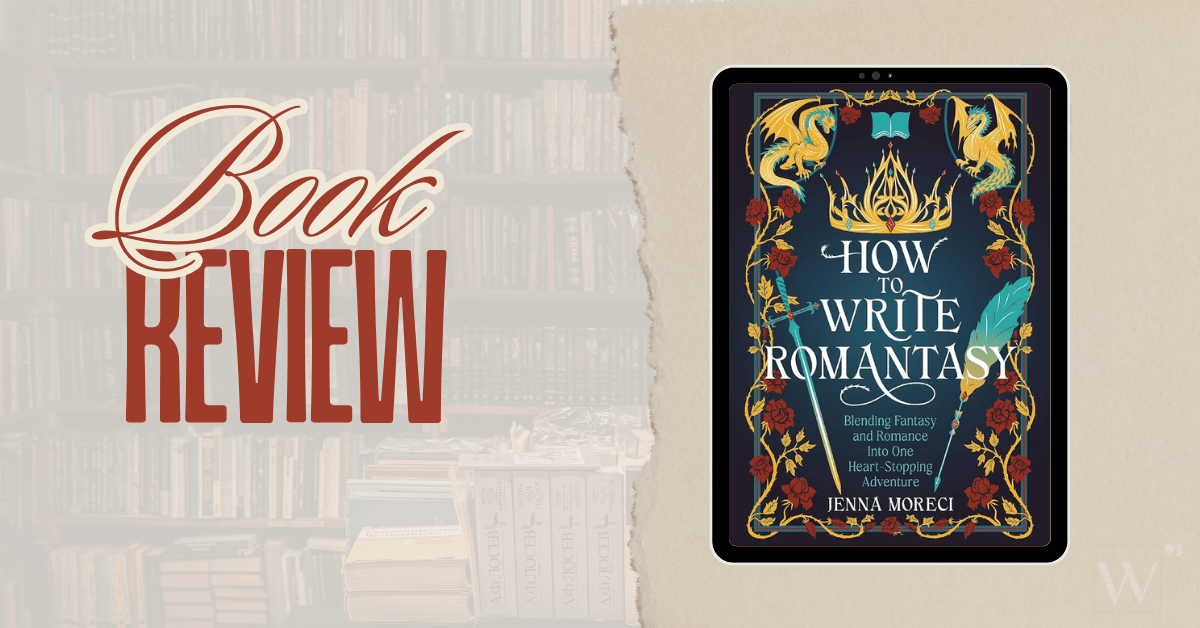Busting the Myth
Have you ever heard someone say, “I’m not a writer,” as if writing were an exclusive club for scholars and authors? The truth is, many people feel intimidated by writing—so much so that Writing apprehension—fear or anxiety related to writing—is common among students and professionals alike. Research highlights that this apprehension can negatively impact writing performance, leading to shorter, less-developed texts and lower confidence in writing skills. (Source: HRMARS) Whether it’s fear of judgment, lack of confidence, or simply feeling like writing ‘isn’t for them,’ this stigma can hold people back. But here’s the thing: writing is for everyone, and its benefits extend far beyond creating polished essays or novels. For too long, writing has carried the stigma of being an intimidating craft reserved for academics, novelists, or those who claim to have a natural talent. But in reality, writing is for everyone. It’s not just a skill—it’s a tool that can improve your focus, help you solve problems, strengthen your creativity, and connect you more deeply with yourself and others. Throughout this post, I’ll explore the many ways writing can transform your life, no matter who you are or what your background may be. And one that can transform your focus, your emotional clarity, and your connection with the world around you.
Writing as a Focus Tool
Growing up, paying attention in class was a struggle for me—likely undiagnosed ADHD making every lecture feel like a battle to stay present. But one day, I discovered something that changed everything: writing. Simply jotting down what I heard, even if I never looked at the notes again, helped me internalize the material. It wasn’t about the notes themselves—it was the act of writing that anchored my attention and made learning feel less overwhelming.
Even today, writing allows me to sustain my focus in ways other tools, like meditation, can’t. When I write, I visualize better and imagine intricate details, especially when paired with music. Writing becomes more than just words on a page; it’s an immersive experience. It’s a way of communicating with myself, where I can be both the speaker and the listener, giving my thoughts my undivided attention. In those moments, the act of writing feels like a lifeline.

The Opportunity to Write
Sometimes, the difference between a writer and anyone else is simply the opportunity to write. And I don’t just mean financial privilege or the choice between staying in school or dropping out. I’ll be honest: I learned very little about writing in school. Even with two bachelor’s degrees, I write well because I researched, read extensively, and studied writing itself.
Of course, understanding your language (or any other language you use) is fundamental. Writing is about using words, but not just words. You wouldn’t use only bricks to build a house. You need other materials to ensure it doesn’t fall apart when you hammer a nail into the wall. Writing is the same: a good grasp of grammar, structure, and cultural context strengthens your ability to communicate effectively.
This connection between language and culture is critical. Culture shapes how we use language, how we write, and even how we perceive the world and ourselves. Writing, then, becomes more than an act of expression—it becomes a reflection of identity and perspective.
(Note: Let me know in the comments if you’d be interested in knowing more about this! 🙂 )
Why Writing Matters Beyond the Classroom
Writing isn’t just about taking notes or crafting essays. It’s a tool that extends far beyond the classroom or office. Writing improves critical thinking by helping you process and organize ideas logically. It enhances memory—studies show that writing things down strengthens recall and understanding. Writing can also aid in goal-setting by allowing you to map out actionable steps and track progress, turning vague dreams into clear, achievable plans. Here’s why it matters:
- Journaling for Clarity: Whether you’re processing emotions, brainstorming ideas, or reflecting on life events, journaling helps bring your thoughts into focus. It’s a space where you can untangle what feels overwhelming and find patterns in your thinking.
- Problem Solving: Writing isn’t just about self-expression; it’s also practical. Whether you’re drafting a pros-and-cons list or mapping out solutions to a complex problem, writing helps structure your thoughts and approach challenges with clarity.
- Conflict Resolution: Need to navigate a tough conversation? Writing can help. Drafting a letter—even if you never send it—gives you the space to organize your emotions and express yourself with precision. Sometimes, it even helps you see the other person’s perspective.

The Creative Playfulness of Writing
Writing doesn’t always have to be serious. It’s also a playground for creativity. Engaging in creative writing—whether it’s storytelling, journaling, or even playful brainstorming—can help boost problem-solving skills by encouraging you to think outside the box. The act of crafting characters, scenarios, or ideas fosters innovation, allowing you to explore solutions from different angles. Writing creatively also sparks inspiration that can bleed into other areas of life—work, relationships, and personal projects—often helping you uncover ideas you didn’t even know were there. From storytelling and world-building to crafting a witty caption on social media, writing lets you explore and expand your imagination. It can be an outlet for fun, a way to reduce stress, or even a tool to explore your passions.
Writing Prompts and Playlists
If you’re not sure where to start, here are a few simple prompts to spark your creativity or self-reflection:
- “What’s on my mind today?”
- “What’s one small step I can take toward a goal?”
- “What’s something I’ve never told anyone but would like to put into words?”
And to enhance the experience, pair your writing session with music. Here’s a curated playlist designed to inspire focus and creativity, featuring instrumental tracks that range from soothing piano to cinematic soundscapes.
Writing Is for Everyone
Writing isn’t about perfection; it’s about connection—with yourself and with others. Whether you’re jotting down thoughts in a journal, untangling a problem, or creating something new, writing gives you the space to slow down and truly listen to yourself. It’s a tool for clarity, creativity, and self-discovery—and it’s available to anyone, anywhere. So, grab a pen or open a blank page, and just start. You don’t need permission or perfection—just a willingness to begin. It’s a universal tool that anyone can use, whether for self-exploration, problem-solving, or creative expression. So, pick up a pen, open a blank document, and give yourself the space to write. You might be surprised by what you discover.












